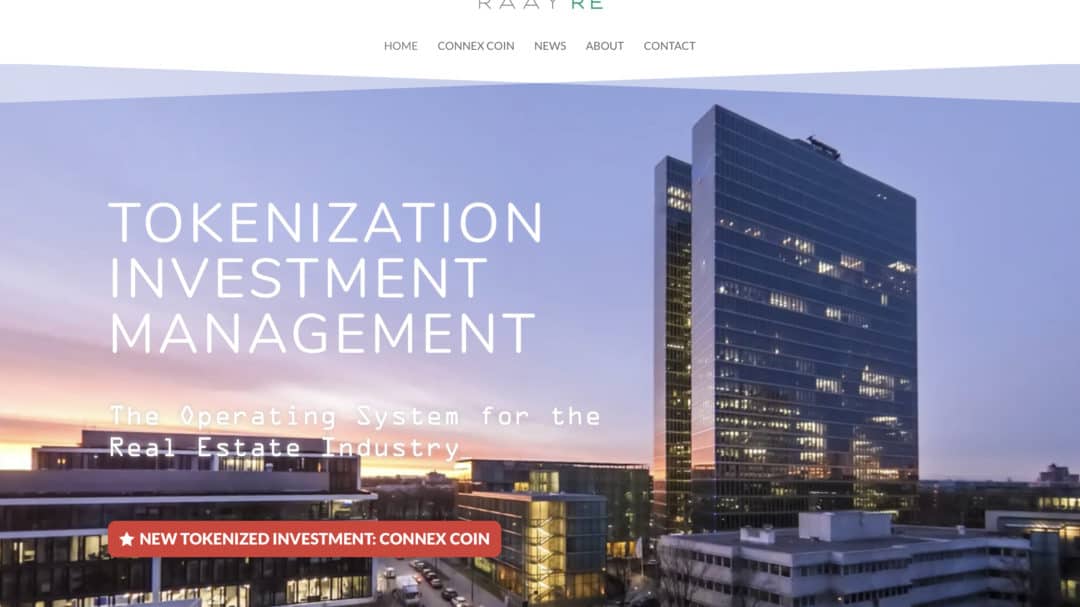
Today, our company starts the security token sale of Connex Coin, the first tokenised investment token compliant with EU regulations. In essence, Connex Coin represents a loan towards the managing entity of a fully leased, premium commercial property, named Connex, in central Munich.
Since the token qualifies as investment token (“Vermögensanlage” in german), it is not tradeable on crypto currency exchanges. Token holders receive a fixed interest of 3% and may sell the token back at nominal value.
Why Tokenisation?
Traditionally, real estate has been financed by owners, banks or external investors participating in real estate funds. The investment process in real estate is complex, takes time and effort. By using blockchain technology and crypto currencies or tokens, this process can be simplified and made much more efficient.
Liquidity
First, there is the securitisation aspect of tokenisation:: by making an illiquid real estate asset completely liquid, this type of investment is made accessible for a much larger target group of potential investors. Traditionally, mainly wealthy individuals or companies could invest in real estate. With a liquid asset, such as the Connex Coin, an individual can become a real estate investor starting with a 10 EUR investment.
Beside having a bank account in an EU country and a registration, nothing else is required to buy this investment token. Since Connex Coin is a non-tradeable, stable investment token, the token holder receives 3% interest paid directly to her bank account. Information about the personal holdings are displayed in the personal account. By using tokens, securitisation is made easy and efficient.

Programmability
Tokenisation is much more than securitisation: a token can be described as programmable money. In other words: tokenisation adds programmability to an asset. This way, business logic can be introduced, reducing the need for manual settlements and smart contracts can have functions for automatic transactions, formulas for calculating asset prices and other specific features at marginal costs. So, what kind of business logic can you add? Simple answer: any. And exactly this large number of degree of freedom makes it somewhat challenging to start with.
At RAAY RE, we have started by leveraging our proprietary (Crypto) Smart Wallet by adding features that allow token holders making use of specific property-related functions, such as granting access, or allowing for the use and payment of facilities. We will elaborate more on this aspect of programmability in a next post. From our perspective, programmability of formerly static assets provides great opportunities for the real estate industry.
Immutability
A digital, integer trail of transactions proves history of ownership and eliminates data misuse and fraud, such as double-spending. Furthermore, the consistent historical record of all transactions allows for a realtime, frictionless reporting. Just ask your asset managers and CFOs about their administrative headaches that traditionally could only be healed by tremendous accounting efforts. With a guaranteed complete historic data set of all transactions, this headache can be eliminated completely. Tokenisation helps to minimise administrative efforts, time- and costwise.
For RAAY RE, the tokenisation of a share of the Connex building is the first proof of functionality in our tokenisation module, that is one part of our Digital Operating System for the real estate industry. There will be more assets tokenised – as well as in terms of securitisation, and, specifically regarding the programmability aspect of tokenisation: our tokens will come with built-in business logic that will unleash the full value of real estate assets.
